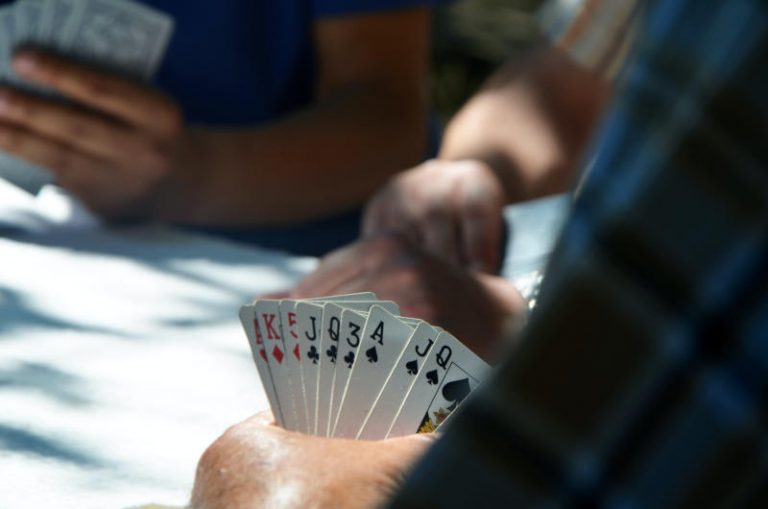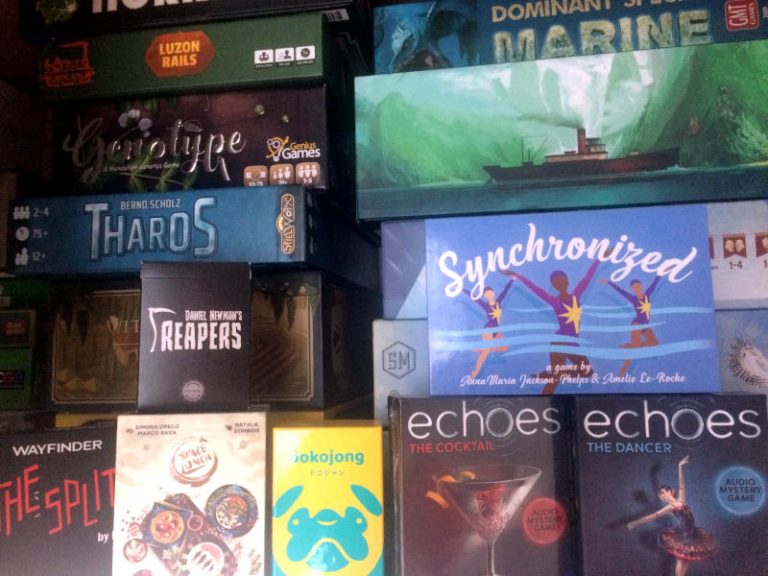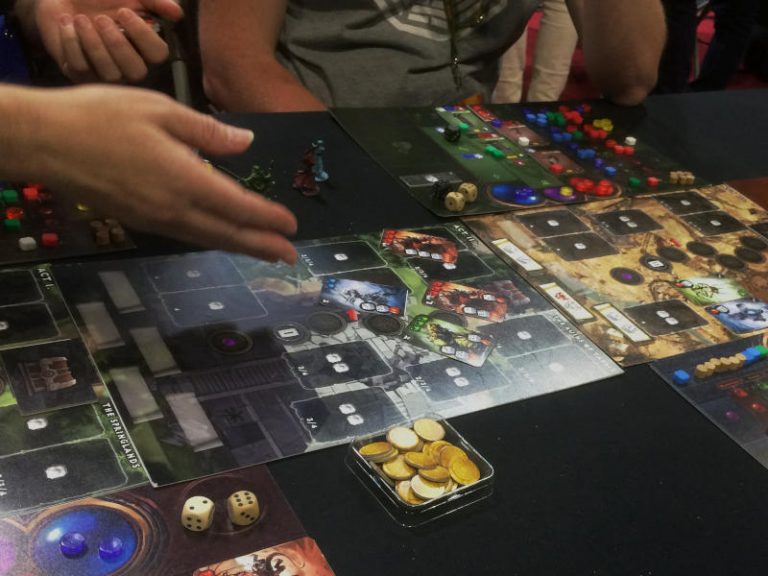Victory Conditions other than Victory Points (Topic Discussion)
Victory points (VP) are so common in modern board games, along with the condition that the player at the end of the game with the most VP is declared the winner. Sometimes it is called influence, sometimes just points or it may be money or some other resource or currency. But it is all essentially the same thing. So, we’re going to dive into some other fun and interesting ways that players can win a game, along with examples of each.










